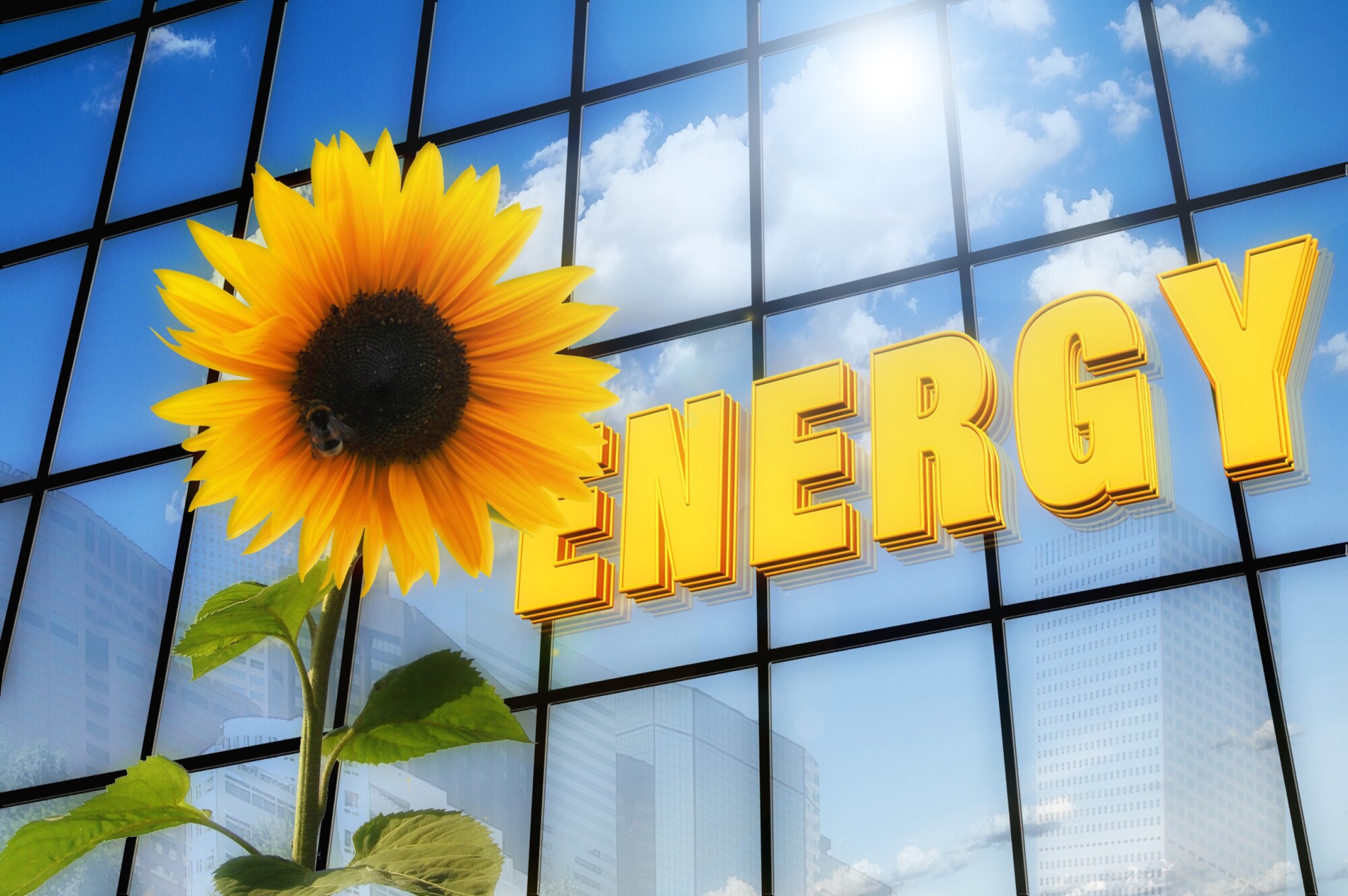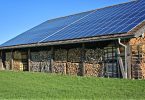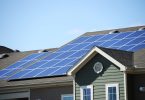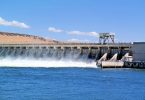Experts project that one in every seven homes will rely on solar power by 2030. Considering that American solar jobs have risen by 167% over the past 10 years, this isn’t surprising!
If you’re someone who cares about the environment, wants to make sustainable choices, and is interested in getting ahead of current trends, solar panel installation is a great choice for your home. But who uses solar energy and for what purposes? Read on to answer this question and learn the basics of going solar.
What Is Solar Energy?
The sun emits electromagnetic radiation that broadcasts itself in the form of light. This light shines down on every area of the world and provides the Earth with energy. However, in order to be converted into power, this radiation needs to be captured and converted into useful energy.
Solar energy is the result of this conversion. When the sun shines onto a technology such as a solar panel, its light is absorbed and converted into electrical charges. These charges move around because of electrical fields in the panel, which causes electricity to flow.
The end result is a conversion into electrical power. This power can make devices such as TVs, computers, HVAC systems, home lighting, and other household applications run. It provides an alternative to fossil fuels and allows for the same results.
Interesting Applications of Solar Power
There are a limitless number of solar energy uses that people can benefit from.
Solar-powered transportation is one of the most interesting since both public and private transportation users can utilize it. Cars, trains, buses, and subways can all be powered by converted solar energy rather than gasoline. Recently, a solar-powered airplane called Solar Impulse 2 also made its way around the world!
Individuals can use solar power as well- it isn’t a technology that’s limited to industries like transportation. Personal effects like cell phones, music speakers, tablets, mini-fridges, and rechargeable flashlights can operate off solar power rather than batteries.
However, one of the best ways that individuals and families can use solar energy is by powering their homes with it.
Homeowners and Solar Panels
Homeowners like you can reap these benefits by installing solar panels onto the roof of your home. This is a task that requires professional assistance, but the general steps include:
- Placing mounts evenly across the surface of your roof
- Placing additional mounts on rafters
- Drilling holes into rafters
- Securing the mount with durable steel bolts
- Sealing the area surrounding these bolts
- Safely fastening the solar panel to the mounts
- Connecting the solar panel to your home’s electrical supply
It’s that simple!
Solar power can make all appliances run, give you air conditioning and heating, and more. Solar lighting is one of the most popular applications of solar power since a lot of electricity goes into keeping your lights on. When your solar panels absorb energy, your home lights can remain powered without the use of harmful gases and nonrenewable fuels.
Since the solar panels store the energy that they absorb until you turn on your lights, you can have a well-lit home even on cloudy days or during the nighttime.
Sustainability and Eco-Friendliness
At this point, you likely are wondering what the purposes of solar energy are. Why not simply continue using traditional sources of energy like fossil fuels and oil?
There are several answers to this question, but the primary response is that solar energy is more sustainable.
When you use fossil fuels to power your home lighting and appliances, you’re depending on nonrenewable resources such as foreign oil. Once you use these fossil fuels, you no longer can use them again. Drilling professionals abroad will need to pollute the soil and water to obtain more.
This has disastrous consequences for wildlife and the ecosystem as well as for human beings. Polluted air, water, and crops can lead to illness and death.
Solar power, on the other hand, is 100% clean and renewable. Its pollution-free nature also means that no greenhouse gases are emitted into the environment once they are installed.
Financial Benefits
Because solar power is renewable, it doesn’t wrack up your electric bill. You’ll be paying next to nothing and saving a lot of money each month. While you still may be paying some other electric bills if you use a lot of electricity, most of the fees will be cut out entirely because of your solar energy.
In fact, solar panels might even gain you additional money beyond what you save!
If your panels produce more electricity than you use, they will export the extra unused energy back to the grid. Many suppliers pay you when this happens since you’re supplying renewable energy to other homes and businesses. This will depend on your contract with the supplier, but it’s worth looking into.
Since solar power is sustainable and economically beneficial, it can also greatly boost the value of your home. This is ideal for anyone who thinks they may ever want to sell their property. However, it also is great because it adds curbside appeal.
So, Who Uses Solar Energy and for What Purposes?
While investing in solar energy may initially seem like a daunting decision, it’s easier to be eco-friendly now than it ever has been before. Now that you know who uses solar energy and for what purposes, it’s time to start installing solar panels in your home.
Our experts are committed to helping you figure out how many panels you need, assisting you with speedy installation, and protecting the environment. That’s why we look forward to discussing the ways that we can help you use green energy in your daily life. Contact us to learn more about the ways that we can help your specific property go solar.






